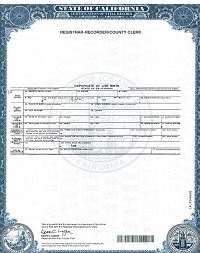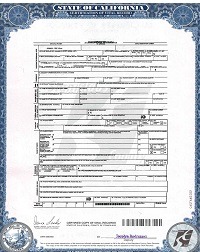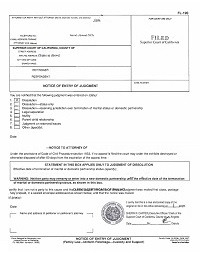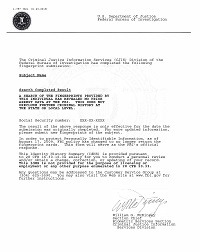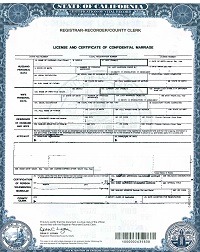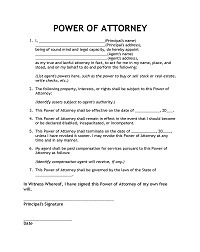Apostille Authentication and Apostille Certification Services
We provide professional and reliable Apostille Certification services in Orange County.
Working with over
Notarizing over
Trusted by
Your Trusted Partner for Expedited Apostille Services
Welcome to Orange County Apostille, your premier source for expedited Apostille services located in the heart of Orange County, California. With an unwavering commitment to precision and efficiency, we have established ourselves as a leader in the authentication of documents for international use.
Our expertise spans a diverse range of document types, ensuring that whether you are an individual, a business, or an organization, your crucial documents are legally recognized across global jurisdictions.
Apostille of Vital Records
An Apostille of Vital Records is a specialized form of certification designed to authenticate the origins of vital documents such as birth certificates, marriage certificates, and death certificates, thereby facilitating their acceptance and use in foreign countries. This certification is crucial when vital records are required to be presented internationally, as it confirms that the documents are legitimate and have been issued by a recognized authority. This procedure is a pivotal aspect of international legal processes, ensuring that these documents meet global standards for legal recognition and are exempt from further authentication or legalization.
Vital records with an Apostille certification are commonly required in several scenarios, each involving cross-border legal processes or the need to establish personal status officially in a foreign country:
Individuals emigrating to or from a country may need to provide Apostilled vital documents to comply with immigration rules or to obtain residency or citizenship.
Couples planning to marry in a foreign country often require an Apostilled birth certificate or single status affidavit to comply with local laws, proving eligibility to marry.
International adoption procedures typically require the prospective parents to submit Apostilled vital records to complete legal formalities in the child’s country of origin.
Handling the estate of a deceased person who was a foreign national often requires an Apostille on death certificates to facilitate transnational legal issues, including inheritance and repatriation of remains.
Individuals studying or working abroad may need to provide Apostilled birth certificates or marriage certificates as part of proving their identity or marital status in the foreign country.
Apostille of Non-Vital Records
An Apostille of Non-Vital Records plays a crucial role in facilitating the global exchange and recognition of public documents that do not fall under the category of vital records. This certification specifically applies to a range of public documents including educational diplomas, corporate documents such as articles of incorporation, power of attorney, corporate resolutions, and legal court judgments. The apostille certification ensures that these documents are recognized as valid and authentic in member countries of the Hague Convention of 1961, which established a simplified method of “legalizing” documents in a uniform way among signatory countries.
Diplomas, transcripts, and other educational records often need to be apostilled when a person is applying to study or work abroad. The apostille verifies that the educational documents are legitimate and issued by a recognized institution, thus facilitating smooth transitions into international programs or employment opportunities.
For businesses operating internationally, or for individuals conducting transactions like opening overseas bank accounts, apostilled corporate documents confirm the legal status and legitimacy of a company. Documents such as articles of incorporation, meeting minutes, financial statements, power of attorney, or letters of intent are typically involved. The apostille thus aids in establishing trust and legal recognition in cross-border business dealings.
Legal documents, including court judgments, warrants, extradition papers, or notarized legal statements, require an apostille to be considered valid in foreign courts and legal systems. This is particularly important in cases involving international law, child custody, adoption across borders, or international business disputes.
Federal Apostille
A federal apostille is a specialized form of certification that authenticates documents intended for use in countries that are members of the Hague Convention. The U.S. Department of State provides this service through the Office of Authentication in Washington, D.C.
Purpose of a Federal Apostille
The main purpose of a federal apostille is to verify the legitimacy of documents so that they are recognized as valid in foreign countries that are part of the Hague Convention. This process helps streamline international legal and administrative transactions by eliminating the need for extensive verification procedures.
Corporate Documents
We provide apostille services for a wide range of corporate documents, offering standard, expedited, and same-day options to suit your needs. With four conveniently located offices, we deliver a smooth, efficient, and reliable process designed to save you time and effort.
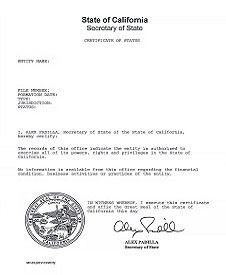
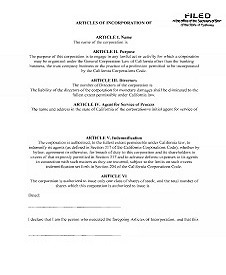
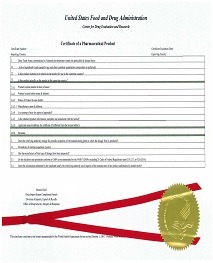
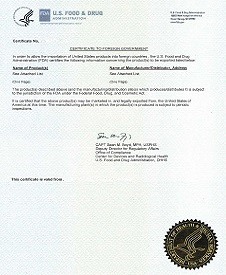
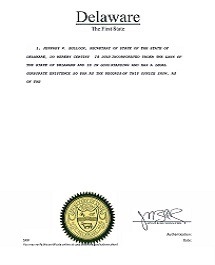
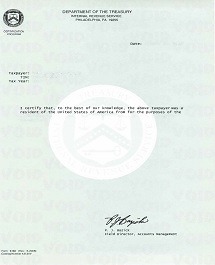
Personal Documents
We offer apostille services for a variety of documents, providing standard, expedited, and same-day options. With four convenient locations, we ensure a seamless and efficient process to meet your needs.
